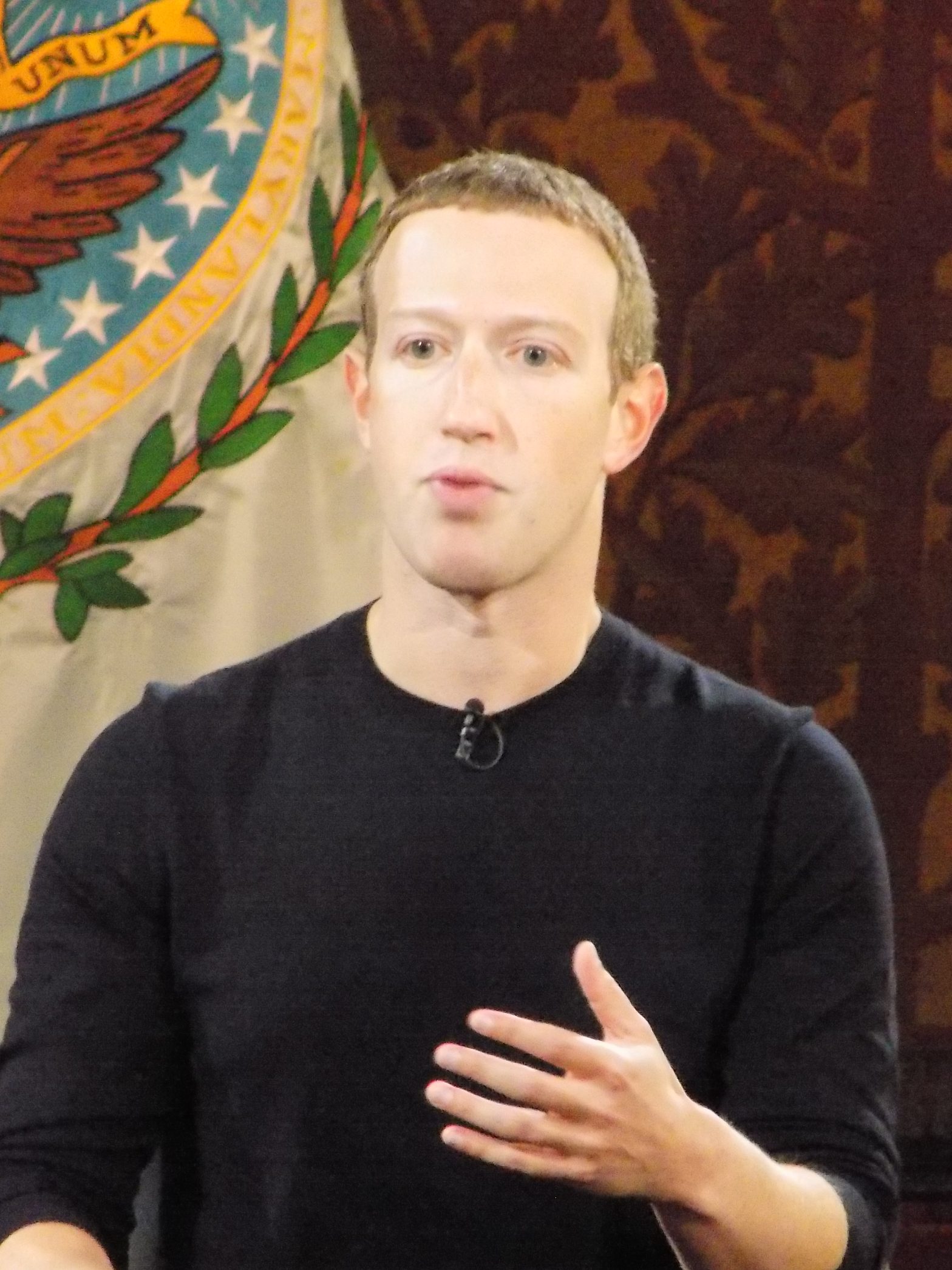Meta Changes Targeted Advertising Policy, Prompting Political Outcry

WASHINGTON — Meta Platforms, Inc., the parent company of Facebook and other social media platforms, announced that starting Jan. 19 it will place new limits on advertisers’ ability to target users based on their interactions with content related to health, race and ethnicity, political affiliation, religion and sexual orientation.
The change in policy was announced on Nov. 9 by Graham Mudd, vice president of product marketing for Meta. Mudd states in the announcement the company would remove advertisers’ detailed targeting options that relate to topics people may perceive as sensitive, such as “same-sex marriage,” “LGBT culture,” “Catholic Church” and “Jewish holidays.”
“It is important to note that the interest targeting options we are removing are not based on people’s physical characteristics or personal attributes, but instead on things like people’s interactions with content on our platform,” Mudd wrote in the announcement. “However, we’ve heard concerns from experts that targeting options like these could be used in ways that lead to negative experiences for people in underrepresented groups.”
Mudd continued, “We routinely review, update and remove targeting options to simplify our ads system, provide more value for advertisers and people, and reduce the potential for abuse.”
Meta’s new advertising limitations will apply to all of the applications it owns, including Instagram, Whatsapp and Audience Network. The new policy will be fully implemented by March of next year and will still include location targeting to connect users with businesses within their region or within the vicinity of their shipping capabilities.
Lawmakers on both sides of the aisle have grown increasingly critical of Meta’s ethical practices after leaked whistleblower documents shed light on the company’s handling of potentially harmful content. A bipartisan group of lawmakers in both chambers of Congress have introduced legislation requiring social media platforms to allow users to abdicate the use of personal data-driven content curation algorithms on their feeds.
The bill, entitled the “Filter Bubble Transparency Act,” was introduced in the House this week by Rep. Ken Buck, R-Colo., and referred to the Committee on Energy and Commerce. Sen. John Thune, R-S.D., is the sponsor of the Senate version of the bill, although both were introduced with bipartisan support.
Top Democratic Party officials called for the company to reverse the policy change in a joint statement. Democratic Congressional Campaign Committee Executive Director Tim Persico, Democratic Senatorial Campaign Committee Executive Director Christie Roberts, Democratic Governors Association Executive Director Noam Lee and Democratic National Committee Executive Director Sam Cornale were all named as coauthors of the statement, which characterized the change as “anti-democratic.”
“Meta has once again shirked its responsibility to protect voters on its platforms by implementing backwards political ad policies that will limit our ability to communicate with voters about the democratic process, and that once again do nothing to address the platform’s most serious issue — an algorithm that incentivizes misinformation and hate,” the joint statement read. “Instead of this misguided step that will bring critical harm to our democracy, Meta must step up to the plate and institute real changes that will protect its users.”
Reece can be reached at [email protected]























